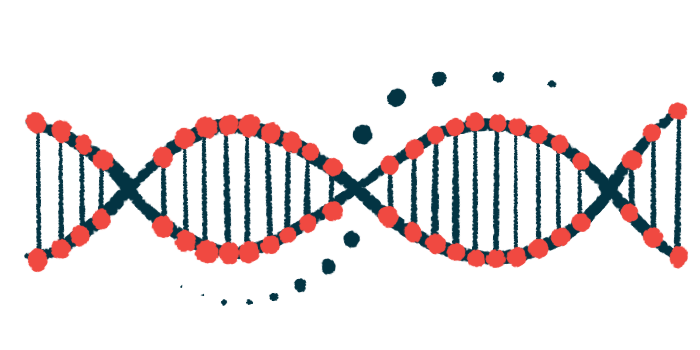WFH Launches Global Registry to Monitor Gene Therapy Outcomes
Two treatments have won regulatory approvals, Roctavian and Hemgenix
Written by |

The World Federation of Hemophilia (WFH) has launched a registry to monitor long-term outcomes of safety and effectiveness for people with hemophilia who receive gene therapy treatment.
The aim of the WFH Gene Therapy Registry (GTR) is to collect data for all patients who have gene therapy, whether through clinical trials or an approved product. The data will be combined in a single global registry, which will serve as a resource for the hemophilia community to answer important questions about its long-term safety and efficacy.
Treatment centers and national registries interested in enrolling their patients can contact the registry via email at [email protected].
“Patient safety is all of our responsibility. Collecting data in one global registry — the WFH GTR — is essential to ensure that rare adverse events, in a small patient population over a large geographical area, will be detected,” said Glenn Pierce, MD, PhD, WFH’s vice president, in a press release.
Hemophilia is caused by genetic mutations that interfere with the production of clotting proteins, factor VIII in hemophilia A and factor IX in hemophilia B. Gene therapy is a one-time treatment designed to deliver a healthy version of the mutated gene to cells in order to restore functional clotting factor production.
Two hemophilia gene therapies have won regulatory approvals.
Roctavian (valoctocogene roxaparvovec) was developed by BioMarin Pharmaceutical to treat hemophilia A. It was granted conditional approval in Europe last year and a decision from the U.S. Food and Drug Administration (FDA) is expected in the coming months.
Hemgenix (etranacogene dezaparvovec), by CSL Behring, was approved by the FDA to treat adults with hemophilia B late last year. It’s under regulatory review in Europe, where it received a positive recommendation for conditional approval from the Committee for Medicinal Products for Human Use (CHMP).
Both therapies have demonstrated positive results in clinical trials and shown they can lower bleed rates and substantially reduce the need for replacement therapies. The WFH GTR will expand collection of data on these and other gene therapies, making for a more comprehensive picture of their safety and efficacy.
The registry was developed in collaboration with experts as well as several organizations, including the International Society on Thrombosis and Haemostasis (ISTH), the European Haemophilia Consortium (EHC), the U.S. National Hemophilia Foundation (NHF), and the American Thrombosis and Hemostasis Network (ATHN). Its sponsors include Biomarin, CSL Behring, Pfizer, Spark, and Takeda.


